I first met Teymour during last Ramazan, when some mutual friends were celebrating the holy month by feeding local children after sunset, a bit like an outdoor soup kitchen. That year, Ramazan was during June and July, so the weather was warm and ideal for such an activity. Before the fast broke, we played games with the children in the park and then distributed the food. At one point, they offered food to the volunteers who were observing Ramazan. One of the women volunteers handed me a large plate of food. I said, “Oh thank you, but I’m not fasting.” She replied, “That’s okay. You came. You helped out. Take some food.” The whole evening had an ambiance of connection, solidarity, and hospitality that didn’t discriminate, and it felt wonderful to be part of the Ramazan festival without having to observe all of its traditions, or even be of Muslim heritage to begin with. In other words, I was different, but I wasn’t an outsider. And it was so enjoyable I went to several more Iftar nights and brought food donations from home. But at the time, I didn’t have much understanding of Teymour’s group, Istanbul&I, and how it was connected to this program.
Since then, I went to an orientation meeting and was able to join Istanbul&I as one of their volunteers, and have benefited from it immensely. Through this organization, I have taught refugee children how to make art projects out of recycled materials, attended storytelling events, met with mentors of a variety of innovative fields, and even attended a conference outside Izmir on internet startups. I have also met some very intimate friends who have supported me in all the turbulence and turmoil of last year. The group also cultivates a spirit of fun by organizing parties and ethnic cuisine nights, and just recently held a party to commemorate their one year anniversary. It is a dynamic and intimate group of youth that transcends the boundaries of country, race, religion, culture, gender, and sexual orientation. They have representatives from 55 countries and a myriad of skills and backgrounds.
The ancient Chinese I Ching (Book of Changes) states: “If you are part of a group, be loyal and generous, share the credit for your accomplishments, overlook the faults of others… be like the sun at midday: shine brightly, give generously, and enjoy your rapid, easy progress.” No organization demonstrates this advice better than Istanbul&I.
I sat down with Teymour on a warm Sunday in Cihangir and facilitated an interview.
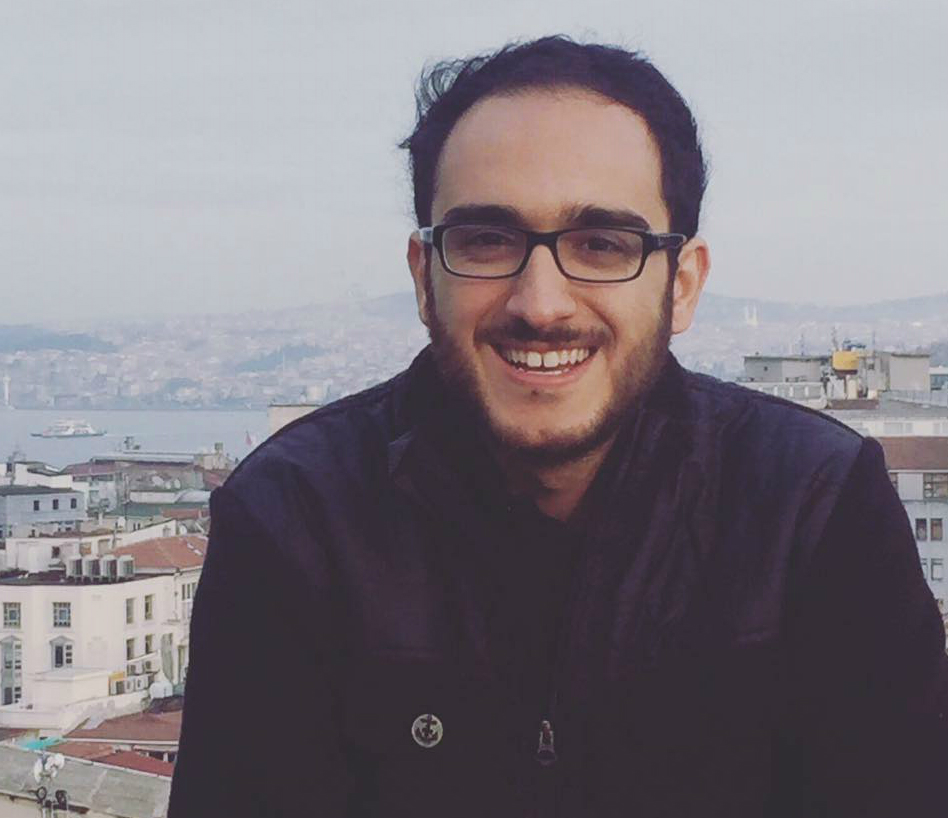
Please explain Istanbul&I in your own words.
Istanbul&I is a volunteer youth community. We bring young people from different backgrounds and diverse skill sets to empower them to be more involved in our social impact initiatives, mainly towards disadvantaged and displaced communities.
Can you talk about the process of starting the group? How did that occur?
Technically, we had our first meeting last February, one year ago. It started out as a storytelling platform. There were about 12 people involved in the beginning. [They were] students and professionals. [It was] in the lobby of my home in my apartment building and we discussed the name of the group and the mission of the group, interview techniques for storytelling, and photography techniques. We did a story photo shoot in Taksim. So that’s how it started, but as the group developed, as we brought more people into the group and as we evolved, our mission evolved as well. Around July, we focused on volunteerism. We grew from the storytelling aspect of our aim to the volunteer aspect.
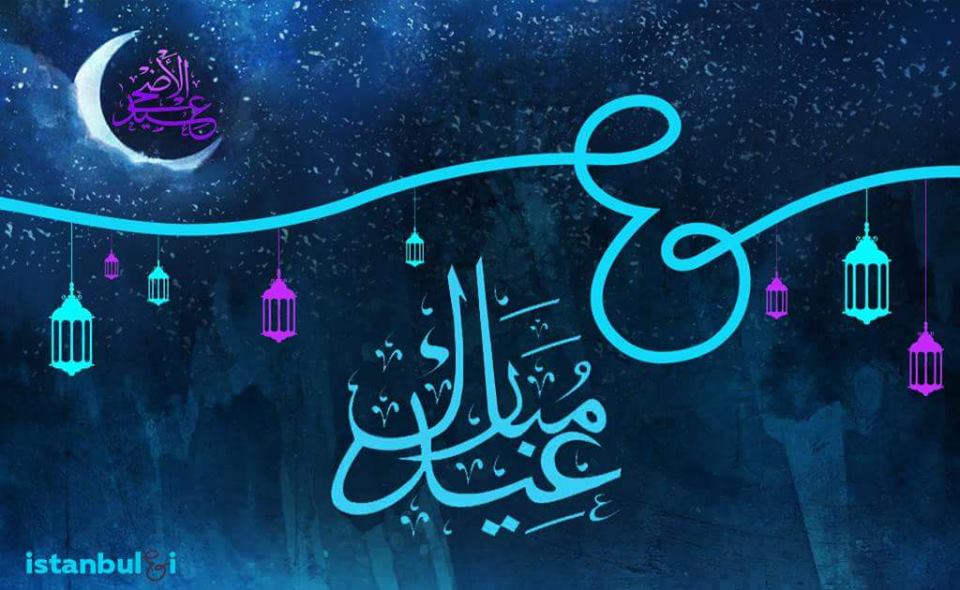
What inspired you to start this group?
I was doing an internship at the UNHCR (United Nations High Commissioner for Refugees) office last year. I was doing research for them and looking at NGOs in Istanbul and working with Syrians, and I found that there is a huge problem with volunteerism at those NGOs. Many were staffed by mostly foreigners working with Syrians. They were very restrictive of who could volunteer for them. So there was a high bar for volunteers. I have a master’s in this field and I couldn’t volunteer at most of these organizations, either because I didn’t speak Arabic or Turkish fluent enough, so they didn’t want me. I also saw that within the Turkish Republic, there wasn’t a strong enough work for volunteerism. But we started as a storytelling platform because I thought that would be the biggest need, to share the stories of these people to get people involved in volunteering, so it was still connected in a way because my goal was always to get people more involved in volunteering, so I thought storytelling was a great way to start.
How did you attract such a diverse group of volunteers?
Basically, we attracted them through word of mouth. I think young people are more likely to join this kind of group because they’re new in the city, and it gives them a sense of home and a sense of belonging, because we’re an inclusive organization. One of the reasons we have trouble with Turkish groups is because they don’t have the same kind of desire or the same need to do this, because they already feel that this is their home.
What are some of the achievements of Istanbul&I that you’re most proud of?
One was the Iftar and Community program. It brought a lot of people in. We fed 200-300 children. We did it all through volunteers. We got all the food through donations. It was really an amazing achievement, not just for the people we were helping for, but also within our group. It built a lot of solidarity within the group, there was a lot of collaboration. Also, the Y Combinator. We got into their interview round, which was really quite an achievement because it’s one of the hardest incubator programs to apply to. Y Combinator is an accelerator program, so if you have an idea for a startup, you can put it into the accelerator program. They give you a huge sum of money, they give you mentorship in California for 6 months, and it’s the most competitive one to get into, harder than Harvard University, so the fact that we got into the interview round was really great for us.
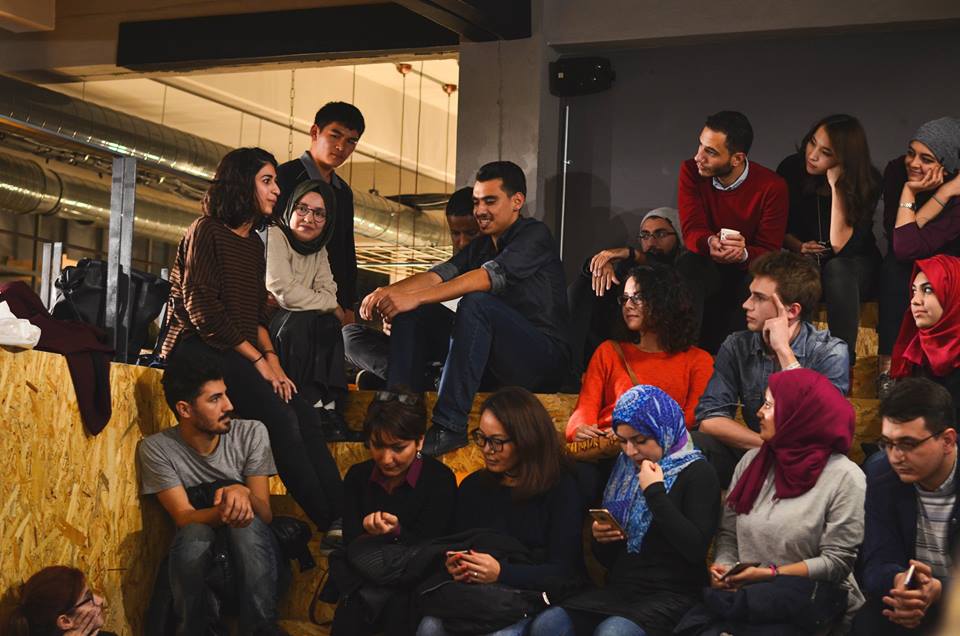
What are some of the goals of the group going forward?
The goal is to create a world global brand about volunteerism. To make it sustainable, I think that we’re going to change what it means to be a sustainable NGO. Because all of our projects are done through the resources of our volunteers, so in that way we’re able to churn out a lot of projects and have the same social impact as other NGOs, but not require or spend a lot of time or money for them.
What kind of help are you looking for with volunteerism? Are you looking for any particular skillsets?
With our group, we’re always accepting volunteers, no matter what skillsets they have, because chances are we can still work with you on anything. This is the thing with other organizations. They want a specific skillset and a specific type of person to help them with something. We don’t ask for that. We don’t want to make things exclusive in Istanbul&I. We want it to be inclusive. And if you even have the desire for this, then you’re good for us. The passion and the interest is more important than any other skill they could bring.
Can you explain Istanbul&I’s point system?
To keep Istanbul&I members accountable, we have a point system that basically keeps members updated about the projects they have been involved in, so we don’t work with you if you just join the group and don’t do anything. You have to participate in activities of some sort. This is one way we’ve been able to be so successful is because a lot of our members are very active. Because they have to be active to be in the group. And you can volunteer with Istanbul&I or outside Istanbul&I. As long as you’re doing volunteer work in Istanbul, you can be in our community. We do this because our projects require respect of each other and the group that we’re working with, which requires communication and empathy. For example, if you’re saying that you’re going to go to a program and you don’t show up, and it’s a program for Syrian children, and we need you to be there, it’s really disrespectful to the volunteers and also to the kids. So the accountability system keeps you in check. It makes sure that you’re committing to the projects that you’re committing to and you’re communicating if there are any issues that may happen.
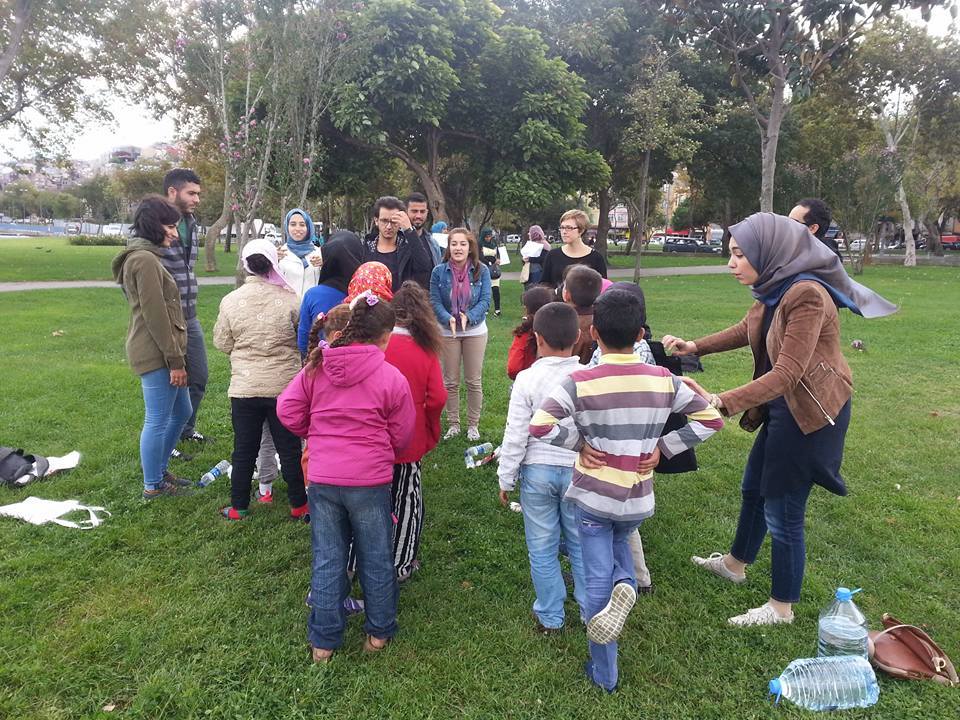
Can you talk about the new food program?
So we’re trying to start a program with the Four Seasons hotel where we take leftover food from their buffets and distribute it to a neighborhood or community. But we try to in a sustainable way, so we will work with a collective kitchen, or a group that’s already working on this so we can pay for the transportation for the volunteers to come back and forth to do this. One of the things about Istanbul&I is we work really hard to try to work with other groups that are already working on this to collaborate with them on it, because we believe that collaboration and cooperation is much more successful that just working on it individually. So that’s what we’re trying to do right now with our sustainable food project.
What would you advise for someone who’s interested in volunteering?
Since I’ve been here, there have been a lot more groups open to volunteers. Either if you want to volunteer with us or other groups, try to focus on a project that you really want to work on or a group you want to work with and get tagged onto a project or work on your own project, so you ease your way into it. Istanbul&I has about 13 or 14 projects that we’re working on, and it’s a bit overwhelming, but if they want to join Istanbul&I, they just message the Facebook page or send an email to us and they can come to an orientation meeting.
What kind of impact do you think Istanbul&I is having on the city?
It’s still very small in comparison to how large the city is, but I think the impact is more on the members who are in the group. We’ve become more integrated into the city. I’ve heard a lot of people say they finally feel at home again in the city, because a lot of them have come from different parts of the world. Finding this community has made them feel like they belong in Istanbul. So I think that’s one of the biggest impacts we have.
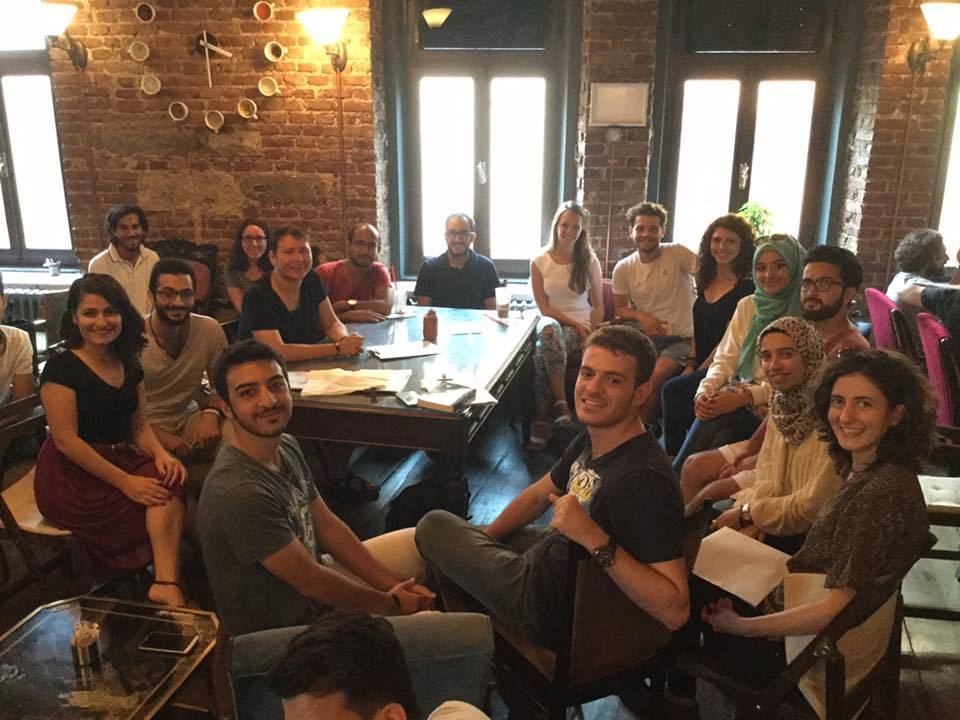
Is there anything else you want people to know about the group?
I would like the group to develop further, to continue working on bringing people in from these diverse skillsets, to continue this mission of being inclusive, and being not just tolerant, but actually welcoming and encouraging. This is really important for any NGO. And I think we have found a perfect chemistry that has worked so well and I just want other groups to learn from what we’ve done, and learn from what they’ve done, because we have a lot of the same mission as a lot of other NGOs.
To get involved in Istanbul&I visit their Facebook page or email them at istanbulandi@gmail.com. You can also visit their website at http://istanbulandi.com/.
Images courtesy of Istanbul&I.









